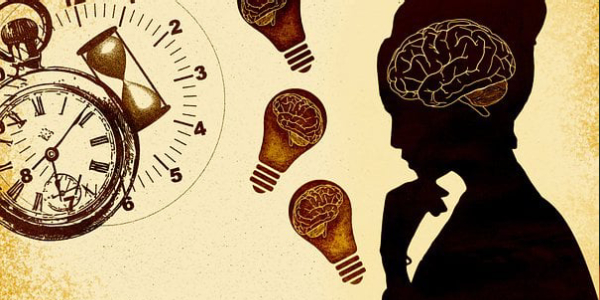
- How important do you think it is to commemorate a day as World Mental Health Day?
Answer: I believe that commemoration of World Mental Health Day is of immense significance to the present-day population, because they are involved in a rat race 24x7, oblivious of what is happening to them – their physical and mental selves. Assigning one special day universally to propagate the message of positive mental health attracts the attention of the whole world. - Is there anything special you would do on this day as a mental health professional?
Answer: As professionals in the field of mental health, it is our duty to sensitize individuals towards prioritizing their health, physical as well as mental. To our fraternity, every day is a Mental Health Day! For my part, I have been periodically discussing in audio, visual and print media from 1998 about mental health issues, apart from addressing gatherings. - What do you consider to be the most important qualities for a counselor to have?
Answer: It is a long list. To cut it short, anyone who has the spark of empathy for the suffering innately, who exhibits that empathy through comforting words or gestures, has patience and tolerance and who does not judge people and maintains confidentiality, can be a good counselor. But the required educational qualifications and practical training in application of therapeutic techniques are the pre-requisites. - What has been your greatest achievement in counseling a client so far?
Answer: If the sufferings or the difficulties of any of my clients have been alleviated, I would consider it as the achievement of the client and not mine. The client took the sessions seriously, made an earnest and consistent effort and brought about the changes in her/ his life. I could say that I was instrumental in enabling this process and the satisfaction I derive from the role of a catalyst is enough of a reward for me. - How do you approach the counseling process and how do you customize the process for a client?
Answer: E-RIDE is my approach. E-Elicit information, R-build Rapport, I-give an Insight, D-Discuss options of solutions and allow the client to choose a suitable solution, E-Empower the client to take charge of her/ his life. Here I have not given a session-wise process. This is the broad outline. The process encompasses application of suitable therapies and techniques, evaluation of sessions by the client, self-discovery of strengths by the client and utilisation of those strengths in home-work or in therapeutic activities. The closure of the sessions according to me has to be methodical eliciting of the summary of the sessions from the client. The client would be requested to note down the situations where he/she applied the techniques learnt. - What message would you like to share with upcoming mental health professionals?
Answer: Love your profession. Be passionate about your subject; not about your client! Never stop learning. Network with allied professionals and avail their services for your client if necessary. Do not hesitate to discuss with your peers, when you are stuck with a client. Learn to compartmentalise your professional life and personal life. Provide ‘me time’ so that you learn to relax and take care of yourself. Have pride that through this noble profession you are helping many individuals set their lives in order; but let that pride not make you stop learning.
